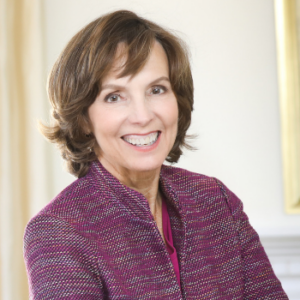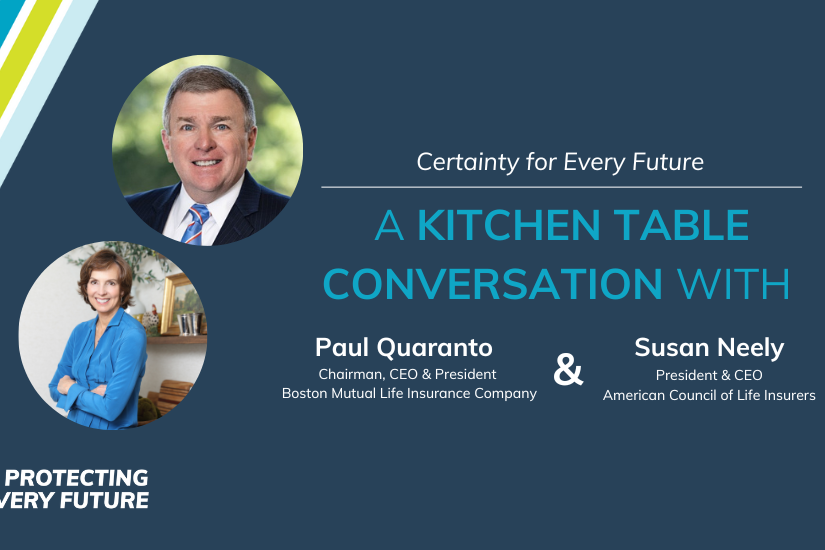Close The Gap!

New research funded by the Principal Foundation and conducted by the Financial Health Network revealed a disturbing trend. While financial health for the country overall improved during the COVID-19 pandemic, the gap between men and women’s financial health widened.
Even before the pandemic, the gender playing field wasn’t level. A wage discrepancy exists in 98% of occupations, leaving many women with career earnings hundreds of thousands of dollars less than men.
The pandemic worsened the situation, as job losses and caregiving burdens were disproportionately shouldered by women. As a result, women now are less likely than men to report being able to manage immediate expenses, maintain savings cushions, hold manageable levels of debt, or feel confident in their future security.
The life insurance industry firmly believes that all Americans – regardless of gender – deserve equal opportunities to achieve financial security. That’s why we back several proposals in the states and on Capitol Hill that can help close the gender gap.
Life insurers strongly support pending federal legislation that could go a long way toward helping more women save for retirement and ensure those savings last a lifetime. Bills passed by the U.S. House and key Senate committees address gaps in the retirement system that have left many women unable to access workplace retirement plans. These include part-time workers, military spouses, and student loan borrowers among others.
The Financial Health Network’s research found that women are 25% more likely than men to report carrying unmanageable levels of debt. And women hold two-thirds of all outstanding student loan debt. The SECURE 2.0 legislation would allow a company to make a “matching” contribution to an employee’s retirement account in the amount of their student loan debt payment.
Life insurers also recognize the challenges that confront caregivers, who are primarily women. Too many face an impossible choice between earning a paycheck and taking time to care for a loved one. That’s why we support initiatives like a new law in Virginia that enables employers to offer paid family leave solutions that protect their workers from economic loss. Model legislation recently proposed by the National Council of Insurance Legislators would help more states make family leave plans a type of insurance that employers can voluntarily purchase for their employees.
Many women face an uphill financial battle. The challenge is steep, but not insurmountable. And women remain optimistic. The study shows that nine out of 10 women believe things will be better in a year.
Jo Christine Miles, director of the Principal Foundation, said: “We owe it to them to try to transform that hope into reality.”
We agree. The life insurance industry will continue to work with lawmakers to advance solutions that will help women achieve the financial security they deserve.





